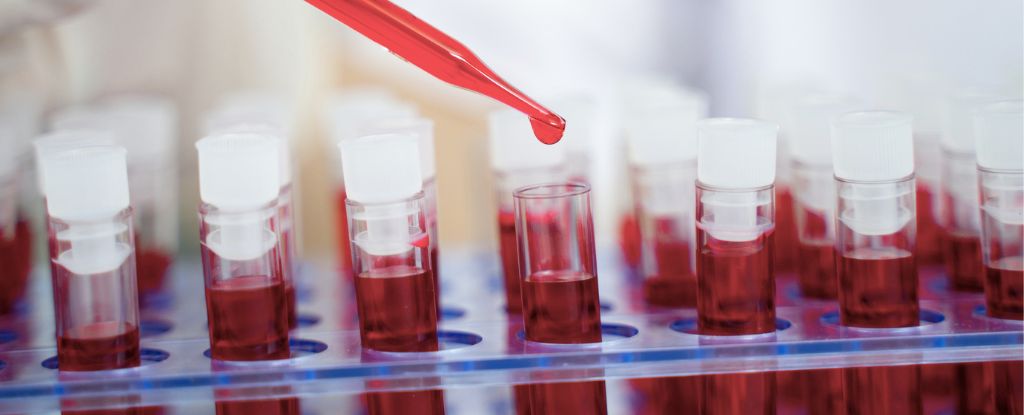Scientists have figured out a way to identify those most at risk of suicidal behavior, based only on biological markers in their blood.
The analysis isn’t foolproof, but in a test of nearly 200 participants – half of whom had major depressive disorder and suicidal ideation, and half of whom did not – the accuracy of diagnosis was around 90 percent.
That impressive result was achieved using just a few markers of energy production in the body’s cells: five metabolites in the bloodwork of female participants and a slightly different five in males.
Overall, select individuals with treatment refractory major depressive disorder (tr-MDD) showed significant deficiencies in blood metabolites such as carnitine (which plays a role in cellular energy production), CoQ10 (which helps convert food into energy), folic acid (which regulates gene expression), citrulline (which assists in removing toxins like ammonia), vitamin D (which is linked to calcium absorption), and lutein, which has suspected anti-inflammatory properties.
“None of these metabolites are a magic bullet that will completely reverse somebody’s depression,” explains physician-scientist Robert Naviaux from the University of California San Diego.
“However, our results tell us that there may be things we can do to nudge the metabolism in the right direction to help patients respond better to treatment, and in the context of suicide, this could be just enough to prevent people from crossing that threshold.”
Meanwhile, biomarkers like lactic acid and fibroblast growth factor 21 (FGF21), which are linked to mitochondrial stress, were elevated among those with suicidal ideations.
While the symptoms of major depressive disorder (MDD) are primarily psychological, in the past decade or so, research has increasingly found a link between depression and metabolic diseases. Both conditions feature underlying chronic inflammatory states.
Given that clinical treatments for depression don’t work for everybody, many scientists are now studying inflammatory markers in the hopes of finding new drug targets.
“[M]odern technologies like metabolomics are helping us listen in on cells’ conversations in their native tongue, which is biochemistry,” says Naviaux.
As you can imagine, however, figuring out what each component of a cell is trying to say when many entities are talking at once is difficult work.
In the current study, researchers measured no less than 448 metabolites to find just over a handful that were relevant to depression and suicidal ideation.
While previous studies have linked depression on its own to increased oxidative stress in cells and tissues, this new research suggests a different effect for those with suicidal ideation.
Opposite to oxidative stress, ‘reductive’ stress occurs when the metabolic heart of a cell, the mitochondria, slows its production of reactive oxygen species, triggering the cell to ramp up its metabolism.
When unchecked, this causes an overflow of cellular energy produced by metabolic cells called ATP.
“When ATP is inside the cell it acts like an energy source, but outside the cell it is a danger signal that activates dozens of protective pathways in response to some environmental stressor,” explains Naviaux.
“We hypothesize that suicide attempts may actually be part of a larger physiological impulse to stop a stress response that has become unbearable at the cellular level.”
Purine metabolites, for instance, are a mediator of metabolic reductive stress, and in the current study, these markers were decreased among those with suicidal ideation.
Notably, self-injurious behavior is also a well-established complication of excess purine production in the rare neurogenetic disorder known as Lesch-Nyhan syndrome.
The blood markers underlying suicidal ideation still need to be confirmed in further research, but the authors of the current study hope their findings will one day help save lives.
The study was published in Translational Psychiatry.
If this story has raised concerns or you need to talk to someone, please consult this list to find a 24/7 crisis hotline in your country, and reach out for help.





